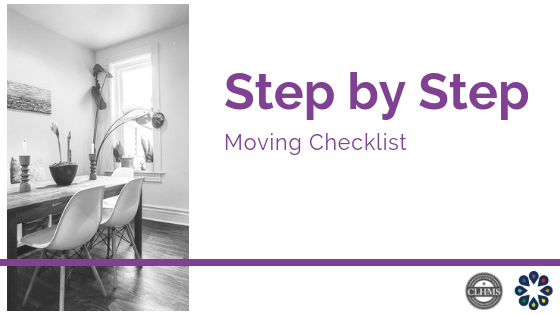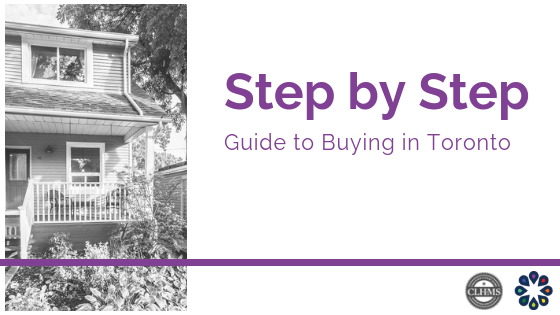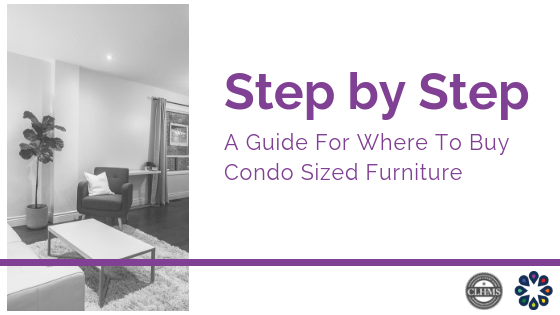When it comes to buying and selling real estate, the completion date on an agreement of purchase and sale refers to the date that both parties (buyer and seller) exchange funds, keys, possession and title on a home. This is commonly referred to as the ‘closing date’ by most people familiar with the typical real estate transaction.
Sometimes this date isn't kept… What?? It didn't close? What does that mean? Why? What the heck happened? What about the keys? The buyer's money hasn't come through???? What do we do with all our stuff that is sitting in the moving truck outside the new house?
What now? Well, it can cause a domino effect. If your buyers don't close, you can't. If you can't, the sellers of your new property may not be able to close on their purchase, and on it goes. And it does…
There are a lot of different reasons why a particular home closing may be in jeopardy; lack of financing, lawyer delays, and brokerage complications are just a few examples. Many times, it is at no fault of the buyer or seller that a property might not close when expected (or at all). This often leaves both sides to incur the steep costs of temporary accommodation, living expenses, storage, legal fees and more.
Fortunately, there are ways to protect buyers and sellers in these situations.

Purchasing closing insurance is a great option that can be arranged through most lawyers who would be acting on your real estate transaction. For a nominal fee (between $99 and $299), you can gain up to $25,000 of coverage for the additional costs associated with a delayed closing, giving you peace of mind that regardless of what unexpected situations arise, you are taken care of. Closing insurance is also especially beneficial when your buyer is a first-time purchaser, has put down a small deposit, or if they are financing from a ‘private’ lender; all of which are scenarios that may be interpreted by some sellers as ‘risky’.
Now don’t confuse closing insurance with bridge financing as they are NOT the same thing. Bridge financing is better used if you are planning to buy a home and sell your current property, but the closing of the new home occurs before the old home. The average homeowner would require interim financing on the new property until proceeds from the old home become available on the closing date.
Some people also consider staggering their closing dates on purpose. That way they can take a few days moving in and clean up the old house (without the rush) for the new owners. If a delay happens to occur it doesn't rock the boat too much and the finances are already taken care of. Bridge financing is perfect for those situations, and can also be arranged from your mortgage broker at affordable prices ranging from $199 to $500.
Nope, I'm not plugging these 'add-ons' for any pocket change for me. I recommend them 'cause they save you stress. Stress management is what being a real estate agent is all about. Let me do the worrying.
Another way to ease frustrations during a purchase or sale transaction is to ensure that all third party suppliers working on your deal have each other’s contact information. This means they can all work cooperatively and seamlessly without having to involve or bother you. An added benefit of a well-connected Realtor/ Lawyer/ Mortgage Broker/ Insurance team is the lesser likelihood of delayed closings and extra costs simply because all sides keep each other in the loop if issues arise.
So what’s the bottom line? It’s important to work with a knowledgeable and experienced Realtor. Not only do good salespeople know how to give smart advice, market the property, and negotiate on your behalf, but they should also be able to refer you to a multitude of quality subcontractors that you may end up needing throughout your purchase and sale. In fact, they should have at least 3 referrals to provide you for any particular requirement who can all provide you with options that will work for your situation.
Have you ever been stuck in a delayed closing situation? How were you protected? Any encounters with bridge financing that my readers might benefit from hearing? Feel free to share your comments below, and as always, give me a call if you require further advice.
Cheers!
-Trish


